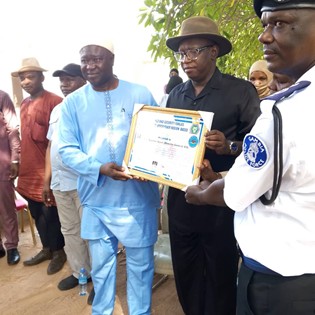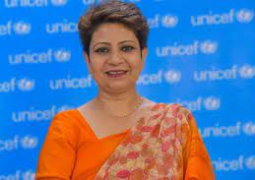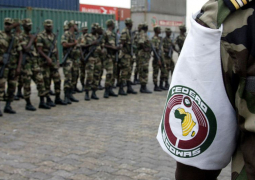
Public sentiment reflects a dramatic shift in perception of the SIS. Once regarded with fear, the agency is now seen as a credible and community-focused institution, thanks to the sustained integrity and reform agenda championed by DG Sowe.
Community leaders, youth groups, and local authorities in each region described the engagement as inclusive and reassuring. They noted a measurable increase in calm and trust within communities, attributed to the visible presence of SIS personnel working alongside other security and law enforcement agencies in key locations. Participants highlighted that direct dialogues, local briefings, and outreach sessions have made citizens feel included in the national security conversation, while also deepening their understanding of threats and the SIS’s protective role.
“This tour has made me feel included in the security conversation of my community and, most importantly, I have come to understand and respect the contributions of the SIS much more now,” shared one participant.
Regional officials commended DG Sowe’s leadership, describing his approach as responsible and people-centred. Feedback from the tour underscored the SIS’s evolving posture: proactive, community-oriented, and committed to early-warning and prevention mechanisms that complement conventional policing and law enforcement efforts.
In response to the goodwill messages, DG Sowe expressed gratitude and reaffirmed the government’s commitment to bringing security closer to every Gambian community. He emphasised that sustained partnerships with local leaders, civil society, and youth will remain central to the SIS’s strategy as the tour progresses.
He also called for stronger interagency coordination and synergy with local authorities to address the dynamic nature of security challenges, particularly those affecting border regions. To security officers, he consistently stressed the importance of absolute professionalism, stating: “We are officers sworn to serve and protect, therefore we must be seen to be nonpartisan.”
However, DG Sowe added that while security officers should not be partisan politicians, they must remain engaged in politics to the extent that it intersects with national security. “If at any point we are to engage in politics, it should be ‘security politics’—that is, the negotiation, acquisition of human and material resources, and the pursuit of community acceptance of security services in governance.”



